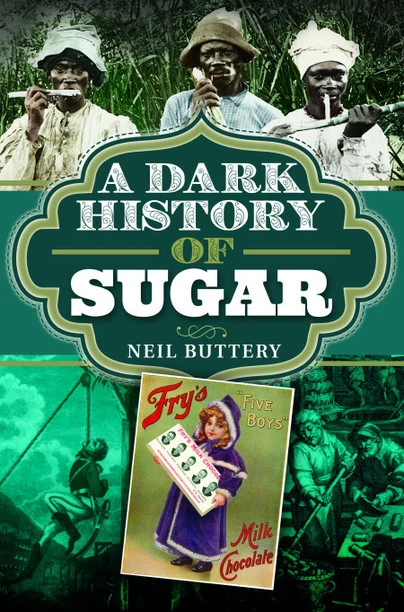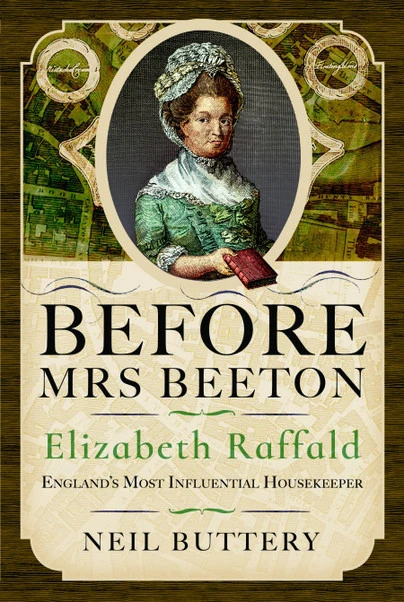An earnest blogger
- rosemary
- Mar 22, 2024
- 4 min read
"So this is it. I have to cook every dish in the book as written by Jane – even if it contains something I don’t like, e.g. whiskey and salmon. I’m sure I can find someone who’ll eat it!" Dr. Neil Buttery

Continuing with my spasmodic exploration of other foodie blogs here I am with Dr. Neil Buttery the author of Neil Cooks Grigson a modest, earnest but interesting blog especially if you are a fan of Jane Grigson. Because this is one of those blogs in which somebody cooks their way through a cookbook à la Julia and Julia.
Neil Buttery began his experiment whilst he was undertaking a PhD in ecology and environment, just to practise his writing skills, and because he had heard about the cooking an author thing. Probably Julia and Julia I'm guessing. It was sort of inspiring.

I even thought of doing it myself and began writing - with a pencil no less on Robert Carrier's Great Dishes of the World. Here is one of the pages from it. I see that I, like Neil, began this in 2007 and I know that I was inspired by that film, so I'm guessing he was too. Which makes one wonder how many others did as well.
I see that I wrote in my introduction:
"Yesterday I decided on a new project (which may well go the way of all the rest)"
And it did. I managed six recipes! Although indirectly I guess it did eventually get me writing this blog. Also even before I started I knew that it wouldn't be complete because I also said:
"I will not cook EVERYTHING - I shall omit offal and shellfish for example, and I shall not do it in order just pick what I feel like."
Neil on the other hand has been very dedicated and actually loves offal. I actually agree about the whiskey - I can't get past the smell, although I would be willing to try it in a recipe. But why would you not like salmon?

The book that Neil chose to explore is this one. I must admit that of all her books it's not the one which would have leapt to the fore for me. I would probably have chosen Good Things. However, he had his reasons:
"I’ve chosen to use Jane Grigson’s English Food for a variety of reasons. First, I enjoy cooking all sorts of world dishes but have never really concentrated on English/British cuisine apart from the odd dish here and there; second Grigson is a great writer; and third, although it was published in 1974, it very much concentrates on traditional dishes and many ingredients are no longer widely used (or perhaps not at all!)."
Through exploring British food his interests turned from ecology to cooking, as he explains in the About section in his other blog: British Food: a History, which he began in 2011.
"My name is Dr Neil Buttery and I have been writing on the history of British food for over ten years and through the process of writing and cooking I have become a professional chef specialising in cooking food from our past. Prior to this, I was a secondary school teacher and then a research scientist, researching social evolution, a branch of ecology and evolutionary biology"
It's all very earnest, and he has also written two books The Dark History of Sugar and Before Mrs. Beeton: Elizabeth Raffald. And then in 2023 he also started the British Food History Podcast. There are several thousand followers on each of the blogs, and he has won various awards for his projects, so is much to be admired. Everything is so well researched, especially on the more serious British Food: a History website. Even so, at least when he started it all he did say that:
"the main reason I’m doing the whole thing is to become a better cook by concentrating on it as my hobby and to have some fun"
I suppose if you are going for a PhD, which I assume he got, because he is Dr. Neil Buttery, then you are probably academically inclined. But don't let me put you off. The history website is interesting and informative if you are into origins and all of that, and Neil Cooks Grigson is interesting as a companion to any experiments with Jane Grigson's food that you might undertake.

He certainly stuck at it. It began in 2007 and the last post is dated July 2023 with a summary of the section on Cured Meats, the last recipe being this - Lincolnshire Chine, which is recipe number 446 and was left for a while because of the difficulty of finding the cut of meat required:
‘It is across the back of the neck, across the backbone, a section of which is included.’ Hence the name chine."
The meat was dry cured, slashed across, stuffed, rolled up and poached. The verdict?
"The meat was tender and salty-sweet, and the parsley intensely grassy, and aromatic from the marjoram and spices. I have to say, the sugar-vinegar dressing elevated it from a good dish to a very good one. If you can get hold of a chine, have a go at making it. I shall certainly be making it again. Score: 7/10."

Recipe number one was rather easier - always best to start with something easy. Well easy in Northern England anyway because it involved Finnan haddock - which is probably impossible to obtain here. A smoked fish anyway, which was turned into a deliciously creamy soup.
I admire this blog immensely, in spite of the sometimes amateurish and poor photographs, which cheers me hugely, considering the quality of mine. I have also found it to be useful for my own blog, whenever I am talking about Jane Grigson, or any weird British dish. And as for his dedicated pursuit of all the recipes in the book, well I am full of admiration.
So many weird, wonderful, informative, and just plain fun blogs out there. Or are we all the Beatles' 'lonely people'?





Comments